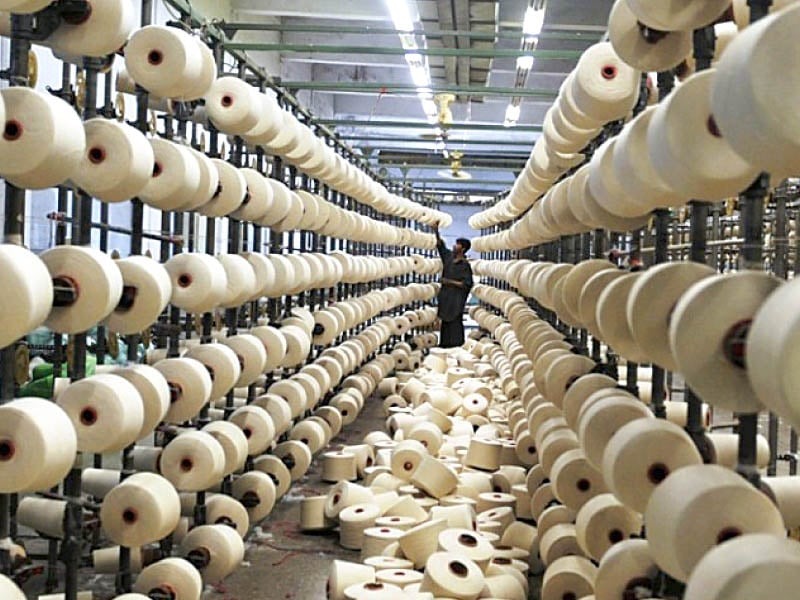
FAISALABAD – Shafaqat Ali, who started off as a weaver in a powerloom here, now owns a factory, changing his life entirely.
“Ultimately owning a factory had been my dream when I started off as a weaver,” he said. “My elder brother, who was then an accountant at a weaving unit, pursued me to begin as a weaver to learn the basics of the business.
The textile sector has also changed the fate of thousands of other workers like Ali.
Rafiq Ahmed, who works in a garments factory, wishes to also put his son in the business keeping in view its ‘potential’. “Ultimately, I want to start a small-scale textile business.”
Ali, who now owns a powerloom in Nisar Colony, told WealthPK that a lot had changed in the textile sector over the last couple of years, but still the business was quite lucrative. “My brother asked me to learn the basics of weaving before starting my own business,” he said.
“I spent almost 10 years as a weaver and learnt the entire business from purchasing yarn to weaving and selling in the market, so that I could install my own powerloom successfully. A couple of years ago, I succeeded in setting up my own unit,” Ali said.
He said the business earned him a lot of money, enabling him to purchase a house. “However, like other factory owners, I am also perturbed due to the crisis in the textile sector. But still I am quite confident that the sector will rebound as Pakistan recovers from economic downturn sooner than later.”
Ahmed, who works in a garments factory, said he would like to send his son to the Faisalabad textile university so that he could learn modern techniques, which are mandatory for a successful business model.
He said the textile sector was till one of the major employment generators in the country, providing livelihood to tens of thousands of workers. “The sector has tremendous potential of development.”
Ahmed is hopeful that when his son has his own unit, he would generate enough money, which will change the fortunes of his family. “As younger people are getting involved in the business, they would do away with the traditional methods of production and employ modern technology for boosting their output,” he said, adding that the sector has potential to contribute to the eradication of poverty in Pakistan.
Ali, the unit owner, noted that patience is what is required for a business to thrive. “Since launching my own unit, I have faced a number of issues like disruptions in yarn supply, and surging prices of electricity and raw material, but I have kept cool, which has ultimately paid off.”
He stressed the need to devise a mechanism for the training of workers and control the surging yarn prices and availability of affordable energy.
He said the majority of the factory owners in Faisalabad were still using decades-old machines, whose output had dwindled overtime.